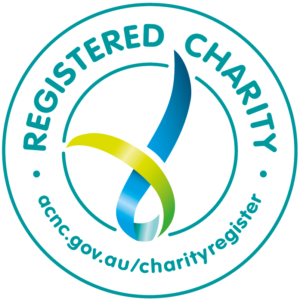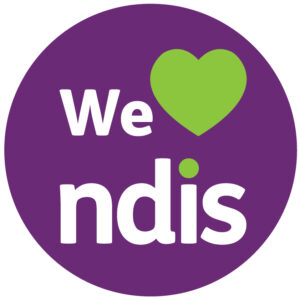Tuesday 2 April was World Autism Awareness Day, a day the United Nations has observed since 2007. Over the past 17 years, Autistic advocates have called for a move beyond just raising awareness toward appreciation and accommodation, reframing the day as World Autism Understanding Day.
Many misconceptions about autism often create barriers for Autistic people in their everyday lives. Autism is a spectrum, and every Autistic person experiences the world differently and displays a wide range of differing characteristics. Whilst autism is classified as a disability, it is not solely a disability; rather it is a difference in neurodevelopment that encompasses a diverse range of strengths, abilities, and perspectives. Embracing the notion that autism is a difference rather than just a disability is crucial for promoting acceptance and understanding.
Autistic people often possess unique talents and strengths, such as attention to detail, creativity, and a strong capacity for focused concentration. By reframing autism as a difference rather than a limitation, we can foster a more inclusive society that values neurodiversity and recognizes the contributions that Autistic people make to our communities. Therapy services play a pivotal role in supporting individuals in harnessing their strengths, navigating challenges, and embracing their unique identities.
Therapy services can support Autistic individuals with many goals, such as:
- Skill Development: Therapy services provide structured interventions tailored to individual needs, helping in the development of essential skills for communication, social interaction, and daily living.
- Positive Behaviour Support: Positive Behaviour Support aims to understand what needs are being communicated through behaviours of concern and develop plans to address those needs in a person-centred and dignified way.
- Environmental Assessments: By addressing specific environmental challenges impacting an individual, therapy services can assist clients to develop solutions that significantly enhance quality of life, and allow for better participation in school, work, and social activities.
- Support for Families: Our therapists can provide support, guidance and education for parents and carers about what autism is and how to support and advocate for their loved ones.
- Empowerment and Independence: Ultimately, therapy services empower Autistic individuals to live their lives how they want to. By equipping individuals with the skills and strategies they need to navigate the world more effectively, therapy services promote independence and self-confidence.
At Challenge Community Services, our Allied Health team focuses on creating a safe and nurturing environment for our clients to succeed in reaching their goals. Our team encompasses social workers, psychologists, and behaviour support practitioners who work with Autistic children and adults to provide personalised interventions specific to each individual’s needs. The basis of our therapeutic approach is to develop person-centred solutions that work for the individual and their support network, with sessions that can be conducted in one of our clinics, in the home or at school, out in the community, or wherever is most comfortable for the client.
Therapy services play a crucial role in supporting Autistic individuals on their journey toward greater independence. By addressing the unique needs of each individual and providing tailored interventions, therapy services empower individuals to overcome challenges, develop essential skills, and thrive in their communities. As we continue to advocate for the creation of a more autistic-friendly world, providing accessible and comprehensive therapy services remains essential for ensuring that all Autistic individuals have the support they deserve.
Get in touch
To find out how our Allied Health team can support you or someone else, you can make a referral or call us on 1800 795 441.















